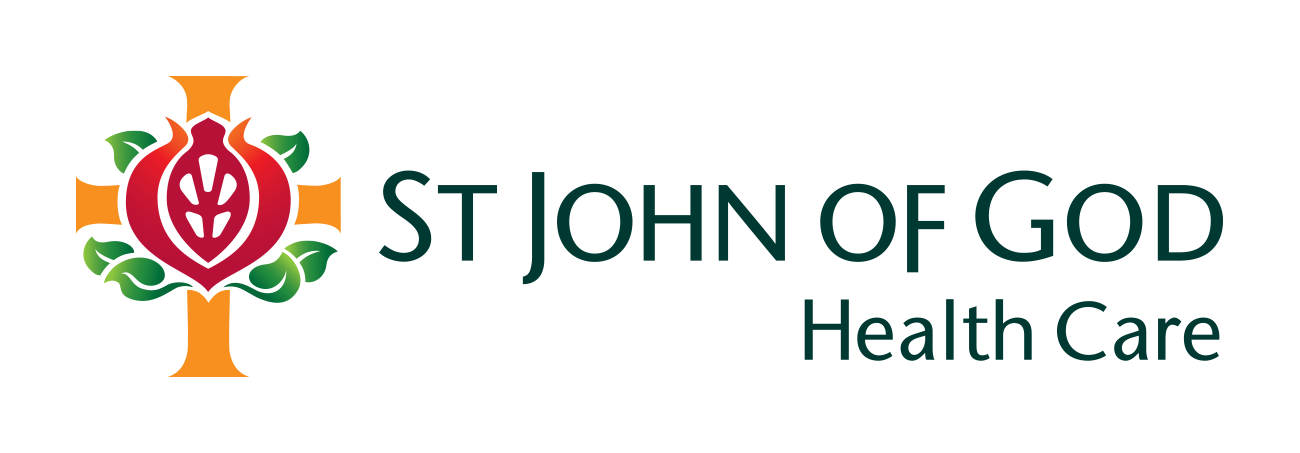5 January 2011
CHA’s recent ‘Health Lies in Wealth’ report demonstrated that health outcomes in Australia are clearly linked to socio-economic status and, by providing targeted preventative health initiatives, Social Outreach and Advocacy services strive to make a positive impact on health outcomes for those experiencing disadvantage in the long-term.
Having built up a wide variety of services helping people experiencing disadvantage to access vital assistance since 2002, Social Outreach and Advocacy continues to grow.
Services are provided free of charge or at minimal cost to people who need them most in addition to the renowned care offered by St John of God Health Care’s network of hospitals and diagnostics in Australia and New Zealand.
Two key areas for development in 2011 will be Early Years – supporting couples during pregnancy and families with children up to the age of four - and Young People – providing support to people
aged 12 to 25 facing matters such as homelessness, mental health issues and drug or alcohol use.
Several new services are set to go live this year including:
- Horizon House, Broome – providing accommodation for young people needing stable accommodation, focussing on Indigenous males aged 12 to 25 in Broome, Western Australia.
- Horizon House, Warrnambool – the ninth Horizon House to open in Australia will provide long-term support to young people who may otherwise face homelessness in Warrnambool, Victoria.
- Youth Mental Health – new services are being developed in WA and Victoria in partnership with Headspace; expansion is expected in Fremantle, Bendigo and Geelong as well as other potential locations.
- Raphael House, Ballarat – providing mental health support to mothers, fathers and infants during pregnancy and early childhood to families in Ballarat, Victoria.
- Raphael Centres expansion in Perth – new partnerships are being developed in the northern suburbs of Perth and southwest metro area with service expansion set to build on successes in Subiaco.
- East Timor Development – providing new pathology equipment to support the National Pathology Development Program operated by St John of God Health Care, now in its fifth year.
Anne Russell-Brown, Director of Social Outreach and Advocacy at St John of God Health Care, said: “As recognised by Catholic Health Australia’s recent ‘Health Lies in Wealth’ report, health outcomes in Australia are clearly linked to socio-economic status. We intend to play a significant role in improving long-term health outcomes for those experiencing disadvantage and that is the central aim for Social Outreach and Advocacy in 2011 and beyond.”
“We are really excited about 2011 as it will be a big year for delivering new services and further developing those which have already made a difference to the health of people in our communities.
“By the end of the first quarter of this year we should have nine Horizon House locations in operation – a major commitment to giving young people a better start to their adult lives. Developing mental health services for young people is another core focus for Social Outreach and Advocacy moving forward.
“Early Years services will also be expanded considerably during 2011. Our Perinatal and Infant Mental Health Steering Committee is presided over by nationally and internationally renowned experts in their field including Professors Marie-Paule Austin and Bryanne Barnett, who will guide the provision of excellent standards of care for services in this area alongside our growing team of health professionals.”
Mrs Russell-Brown stressed that growth would also build on the successes already achieved in Aboriginal health, international health (Asia-Pacific region) and services for people with a disability; continuing to draw on the guiding themes of capacity building and early intervention.
“The strategy for growing our services is all about providing targeted preventative health initiatives, guided by capacity building and early intervention,” she said.
“Capacity building means that we support individuals and communities to better manage their own health. We define early intervention as responding early in the life cycle of a person’s need, with the intention of addressing health or wellbeing issues before they become more acute or chronic health issues,” Mrs Russell-Brown explained.
